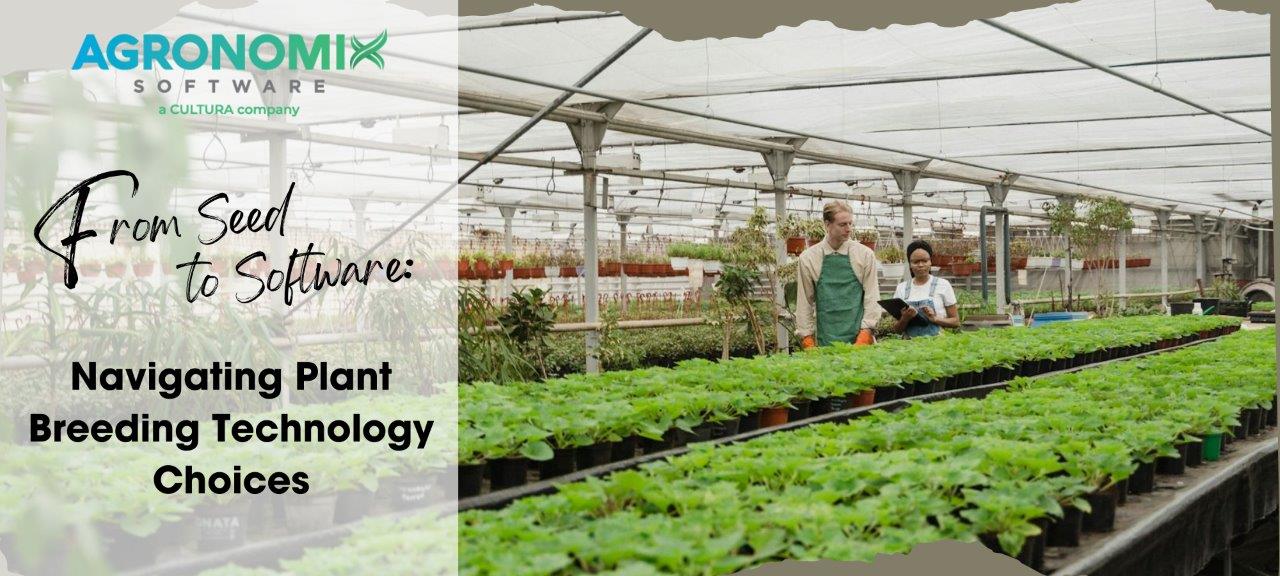Human Appreciation of Plants
A rancher usually has no idea about about the names of the shrubs their herds live and feed on. However, he can effortlessly recognize his animals and perhaps even memorize them with names. As part of their work they know their animals, but might not have an appreciation of the plants around them.
Reviving human appreciation and utilization of plants
Think about being in the woods and sighting sugar gliders move from one tree to another. Undoubtedly, you would remember it for years as part of a jungle adventure. But, you would probably never recognize or even remember the trees and plants where these creatures glide. Why do you think this is the case? Have you ever considered that these sugar gliders will have no habitat without the trees through which they glide?

“Plant Blindness”
The mental images of the animals look exceedingly vivid than those of the trees and plants. As a result, it is easy to remember that animals are living creatures without realizing that plants are also living. This scenario brings to mind the “attentional blink”; a phenomenon that proves “the ability to notice one of the two rapid-fire images” where the observers more precisely distinguished the animals’ image than plants. This form of cerebral bias corresponds to human propensity to overlook plants; and was termed “Plant Blindness” in 1998 by US Botanist Elisabeth Schussler and James Wandersee. They defined plant blindness as” the inability to see or notice the plants in one’s own environment.”
“Plant blindness” shows how much we tend to undervalue the flora around us. This can have disastrous consequences not only for the environment but human health and needs. The world is dependent on plants for food, shelter, livelihood, and for moderation of the ecosystem. Therefore, neglecting them could affect our environment in more ways than we think; because underappreciating flora means that we do not study plants at an optimal level which leads to plants being underutilized.
Value of Plant Breeding
Perhaps on the other side of this neglect is realizing the efficiency of these varieties and utilizing them to meet human demands. Thanks to plant breeders, whose appreciation of plant variety has led to its optimal utilization to meet human food needs. Using flexible techniques, plant breeding infuses new traits in plants to produce desired characteristics. These new characteristics would enable the new species to withstand the effects of external factors such as stressful environmental conditions. Thus, diversifying and increasing the quality of food produced..
Plant breeders, sometimes get very focused on creating a preconceived variety that they miss what the current data is revealing; and later recognize that they could have a better hybrid than they have created. This is why having a quality database system which analyzes data and displays precise results is a paramount requirement.
The Ultimate Solution
GENOVIX, the ultimate solution (see Built Like a Rock) to enable plant breeders refine their selection and reach decisive accurate results well in advance. With enough room for storing data as needed, to the structured relational format that Genovix offers, and quick data processing abilities, plant breeding is about to experience a revolution.





